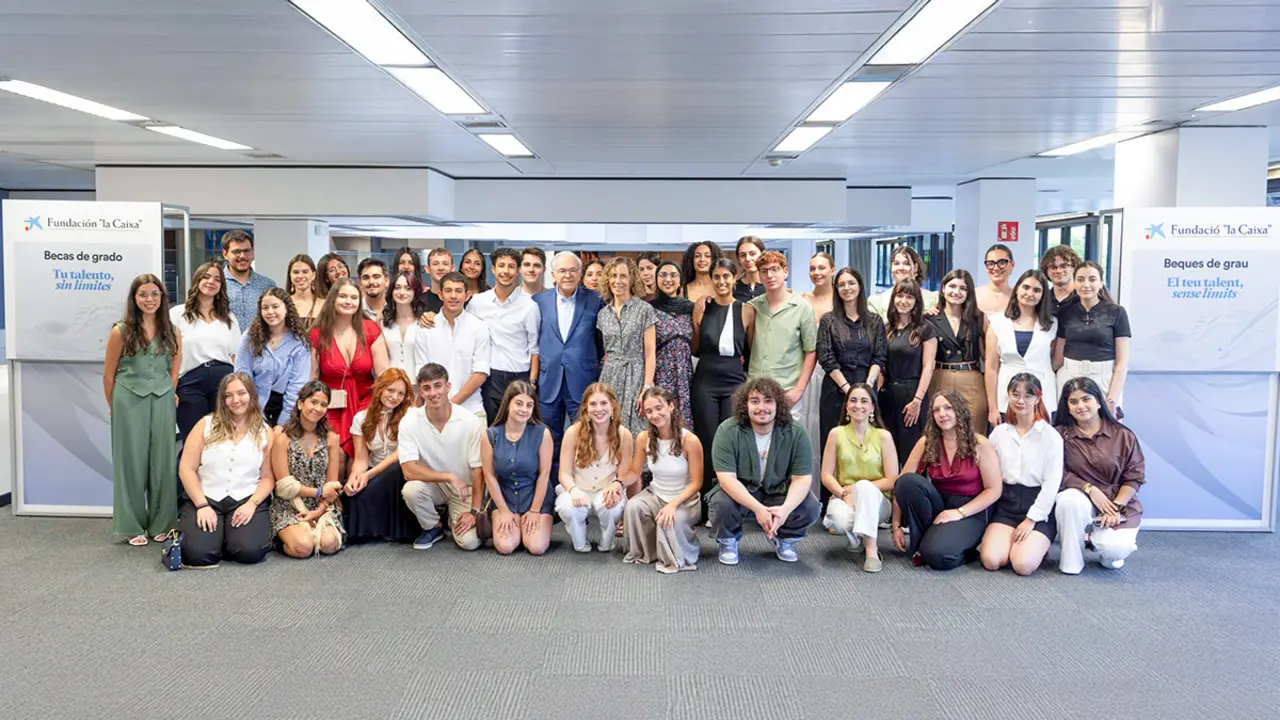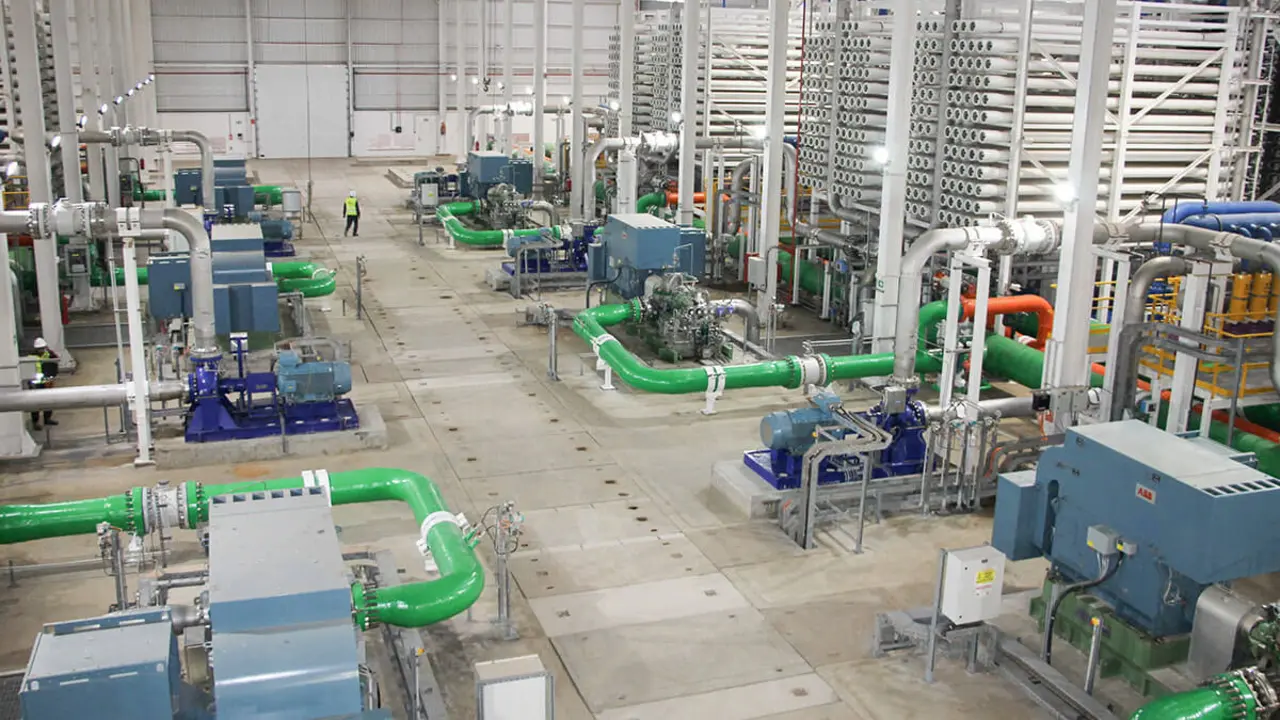Macron aims to close the gap on Islamic fundamentalism with a law

On Friday, French President Emmanuel Macron presented a legislative offensive against Islamic fundamentalism, which aims to close the door on this ideology that is contrary to the values of the French Republic in schools, public services, mosques and With the future law, the prefects (government delegates) will be able to override municipal decisions in the background of which there are denominational reasons contrary to state values, such as proposing menus in school canteens based on religious restrictions or creating different swimming pool schedules for men and women.
In addition, denominational neutrality at work, which now already applies to public employees (who may not, for example, wear conspicuous religious signs), will be extended to employees of companies with concessions in any public service, such as transport.
The administrative dissolution of associations engaged in religious indoctrination will be facilitated and all those receiving public money will be required to explicitly adhere to republican principles. In the event of non-compliance, they will be obliged to return the funds.
Macron recognised that the public authorities in France had "built their own separatism" by allowing the creation of ghettos where "misery and difficulties" have been concentrated, and that this situation has been exploited by Islamic fundamentalist organisations which have applied "their project methodically" there.
Therefore, the last line of action is to put more resources into the underprivileged neighbourhoods. This will translate into fewer classes, more public services, changes in the social housing policy that has concentrated on poor cities, or more investment in security and justice.
The aim, he said, is "to ensure a republican presence at the foot of every tower and every building".
Macron, who travelled to Les Mureaux, one of the most popular cities on the outskirts of Paris to deliver a much-awaited speech on what he calls "Islamic separatism", announced that his government will adopt a bill on 9 December that aims to defend secularism without stigmatising the millions of Muslims living in France.
He justified this initiative against an Islamic fundamentalism that "leads to the denial of the laws of the Republic and the trivialisation of violence", including terrorism, he added after recalling the Jihadist attacks his country has suffered and the 32 terrorist attacks disrupted by the forces of law and order since his arrival at the Elysée in May 2017.
Macron insisted that this ideology aims to "create a parallel order" and warned that action to close off its path in different social spheres "will take years and years". One of the most shocking measures is the compulsory schooling of all children from the age of three and the limitation of home schooling only for students with medical justification.
The aim is to prevent parents from taking or not taking their children to schools that guarantee instruction based on republican principles and from taking them to religious structures outside state control.
The head of state also set out to "structure" the representation of Islam in France and free it from "foreign influences". To this end, imams will no longer arrive from Morocco, Tunisia and Algeria, as was usual, and there will be much stricter control of the money that the mosques receive from abroad.
As for the representation of the Islamic religion, the French Council of Muslim Worship (CFCM) will be responsible for the certification of imams and their training. Imams will have to commit themselves to a charter of values, failure to comply with which will result in their revocation
With the future law, the prefects (government delegates) will be able to override municipal decisions in the background of which there are denominational reasons contrary to state values, such as proposing menus in school canteens based on religious restrictions or creating different swimming pool schedules for men and women.
In addition, denominational neutrality at work, which now already applies to public employees (who may not, for example, wear conspicuous religious signs), will be extended to employees of companies with concessions in any public service, such as transport. The administrative dissolution of associations engaged in religious indoctrination will be facilitated and all those receiving public money will be required to explicitly adhere to republican principles. In the event of non-compliance, they will be obliged to return the funds.
Macron recognised that the public authorities in France had "built their own separatism" by allowing the creation of ghettos where "misery and difficulties" have been concentrated, and that this situation has been exploited by Islamic fundamentalist organisations which have applied "their project methodically" there.
Therefore, the last line of action is to put more resources into the underprivileged neighbourhoods. This will translate into fewer classes, more public services, changes in the social housing policy that has concentrated on poor cities, or more investment in security and justice. The aim, he said, is "to ensure a republican presence at the foot of every tower and every building".







